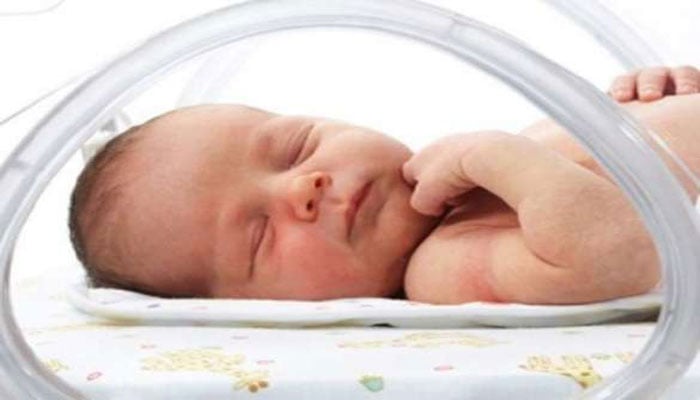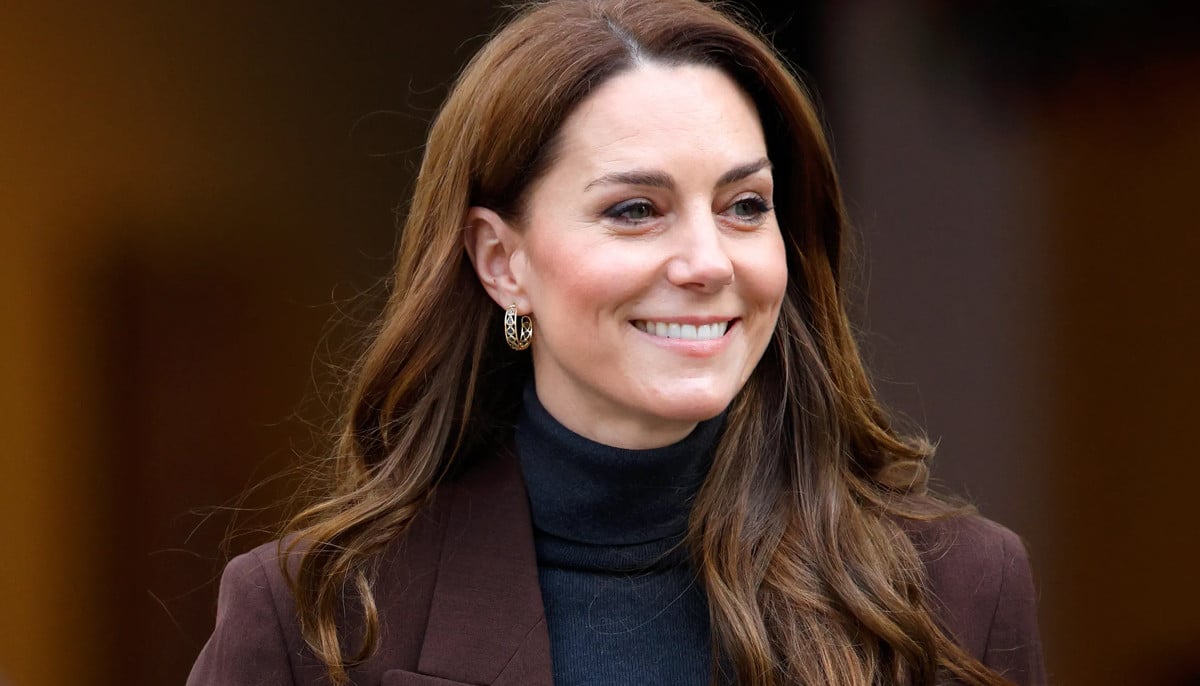Hearing loss common after childhood heart surgery
The researchers recommend that children who undergo heart surgery have their hearing evaluated by age 24 to 30 months, to increase their chances of receiving timely medical intervention.
ISLAMABAD: According to a study, children who undergo heart surgery as infants are more prone to hearing loss and associated risks for language, attention and cognitive problems, by age four.
In a single-center group of 348 preschoolers who survived cardiac surgery, researchers found hearing loss in about 21 percent, a rate 20 times higher than is found in the general population.
The researchers recommend that children who undergo heart surgery have their hearing evaluated by age 24 to 30 months, to increase their chances of receiving timely medical intervention.
"Children born with life-threatening heart defects require a great deal of sophisticated care before and after surgery," said study leader Nancy B.
Burnham, a nurse-practitioner in the Division of Cardiothoracic Surgery at Children''s Hospital of Philadelphia, North America (CHOP).
The researchers performed their analysis as part of a prospective observational study of neurodevelopmental outcomes in preschool-aged children who underwent infant surgery at CHOP for congenital heart defects.
The study cohort was 348 children who had a comprehensive neurodevelopmental evaluation at age four between 2003 and 2008, Medical Xpress reported.
As surgical techniques have notably improved survival for infants with complex heart defects, pediatric cardiologists have turned their attention to long-term quality of life.
Survivors are known to have an increased risk of neurodevelopmental conditions, including learning disabilities.
This is the first study to focus on hearing loss and its impact on neurodevelopment in this population.
The study team found hearing loss in 21.6 percent of the cohort (75 of the 348 children).
Potential risk factors associated with hearing loss were gestational age younger than 37 weeks, a confirmed genetic anomaly and longer postoperative length of stay.
There was no association with modifiable surgical management factors.
Children with hearing loss had lower scores on measures of language skills, cognition (IQ testing), and executive function and attention.
The authors mention possible contributors to hearing loss in their patients, such as high-frequency noises in intensive care units and exposure to medications with side effects that damage hearing, although the study did not directly examine either potential risk factor.
The authors recommend that any child who undergoes cardiac surgery by six months of age should have at least one audiologic evaluation by 24 to 30 months of age, to identify hearing loss in timely manner.
-
Lady Gaga details how eating disorder affected her career: 'I had to stop'
-
Celebrities who struggle with infertility
-
How Kate Middleton's hyperemesis gravidarum left her 'not the happiest'
-
Sharon details late husband Ozzy's final days during his sickness
-
Eric Dane's death becomes symbol of ALS awareness
-
Bella Hadid opens up about 'invisible illness'
-
Inside Kim Kardashian's brain aneurysm diagnosis
-
Chappell Roan explains fame's effect on mental health: 'I might quit'












